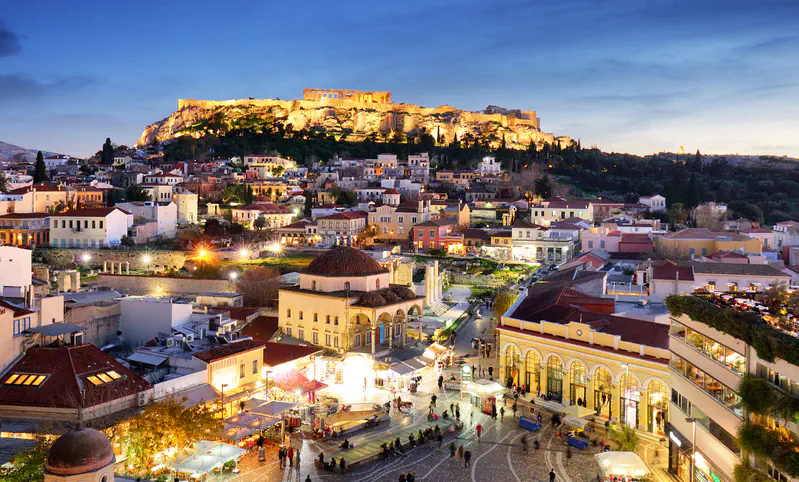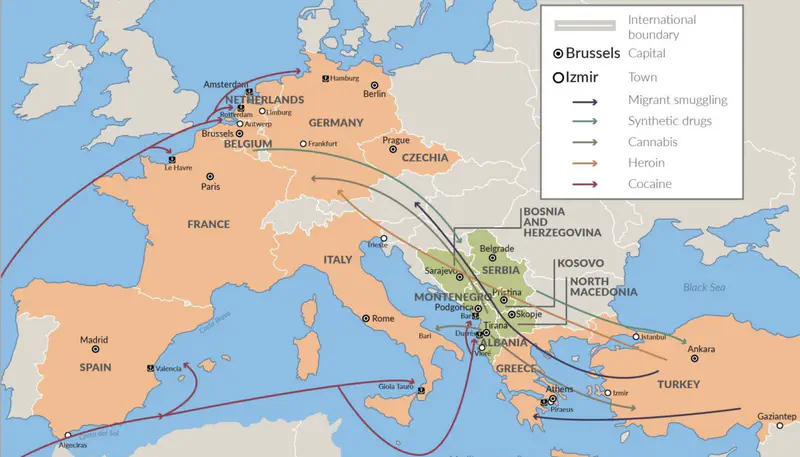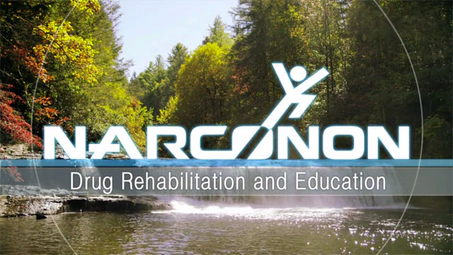Drug and Alcohol Addiction in Greece

Unlike most other EU countries, the top drug sending people to addiction treatment in Greece is not cannabis, it’s heroin.1 This may well be because of Greece’s position on the Balkan Peninsula. Through this peninsula travel loads of heroin, cocaine, cannabis and synthetic drugs.
In this map from the website www.balkaninsight.com, you can see how not only Greece struggles with a heavy burden of drug trafficking through the Balkan Peninsula. Serbia, Montenegro, Albania and other countries are in the path as well and thus also become involved in either drug trafficking, drug use or both.

Courtesy of BalkanInsight.com
Heroin
More than half of all drug treatment arrivals in Greece are there because of heroin.1 This drug makes its way from Afghanistan, Iran and Pakistan through this peninsula on its way to every European country.2
One 2019 news report noted that the price of heroin in Greece was €21 per gram.3 Greece’s proximity to source countries keeps the prices lower. Compare that to the price in Finland: there, the cost is €147 per gram. A lower price will contribute to more use by those vulnerable to addiction.
The European Monitoring Centre for Drugs and Drug Addiction (EMCDDA) estimates the number of high-risk opioid users in the country at more than 14,000. There is some evidence that the number of high-risk heroin users has decreased since 2008.
There are 9,400 people receiving opioid substitution treatment. More than a quarter million clean syringes are distributed each year to those who inject all types of drugs in an effort to prevent the transmission of disease.
Of the 2,300 people going to rehab for heroin, only about 590 were going for the first time, pointing out the difficulty in helping people recover from this particular addiction.1
Cannabis
In second place for sending Greeks to treatment is cannabis, with 27% of arrivals citing this as their primary drug.1 Greece shares a border with Albania, a country in which the drug trade is flourishing. The BBC reports that criminal elements have greatly increased the production of cannabis in this country. In 2020, the United States State Department reported that “Albania is a source country of cannabis and a home base for transnational organized crime networks involved in trafficking illicit narcotics across Europe and beyond.” 4
In 2017, the vast majority of drugs seized in Greece were herbal and resin cannabis.1 Nearly 25,000 kg of herbal cannabis were seized, along with more than 6,000 kg of resin. For comparison, only 358 kg of heroin were seized, but heroin was still the top drug ending people to treatment.
The EMCDDA reports that only 4.5% of young adults in Greece have used cannabis in the past year.
Cocaine
Cocaine is responsible for about 8% of those who go to drug treatment. This is despite the fact that less than 1% of any age group uses this drug each year.
Like heroin, cocaine is trafficked across the Balkan Peninsula by criminal groups that bring the drug in from South America. In 2020, law enforcement agencies across Europe cooperated to bust up an international drug ring that focused on moving cocaine from South America to Europe through this peninsula.5 The operation was launched after a catamaran transporting 840 kg of cocaine from the Caribbean was seized in Portugal. The group’s leaders were operating in Croatia, Montenegro and Serbia.
Drug Deaths
Greece experienced only 62 drug-related deaths in 2017, a much lower rate than the EU average.1 Because Greece lies on the trafficking route for Afghan and Asian heroin and therefore had a direct and plentiful supply of the drug, there may not have been interest among traffickers for moving the synthetic opioid fentanyl into the country. For comparison, England and Wales alone had 75 fentanyl-related deaths in 2017.6
Greece’s 62 deaths is a huge decrease from the numbers seen in 2006 to 2009, when more than 200 people died each year.6
Athens and the Struggle with Drugs on Campuses

A 2018 news report described how universities in Athens were struggling with the presence of drug dealers, users and prostitutes, none of whom were students at that institution.7 This situation was the result of 1980 legislation intended to protect the freedom of thought on campuses.
That law forbade authorities from entering campuses to enforce laws. The law was enacted after tanks were sent on a campus against protesting students in 1973, resulting in many student deaths. It took another two years for this law to be overturned after a new administration took office. Now the government is no longer prevented from walking onto university campuses. This may move the drug dealers off the campuses but not out of the city.
Alcohol
Greece is a country famed for its unique types of alcohol. Spirits like tsikoudia, tsipouro and ouzo, and wines like naousa and retsina are known around the world. It may not be surprising, then, that beer has been Greece’s third-most popular type of alcohol until just the last few years. Despite this well-known reputation for producing popular types of alcohol, Greece’s alcohol consumption has been declining slightly since a peak in 1980.8
Men in Greece drink three times as much alcohol as women, downing 22 litres of pure alcohol each year. How does this compare to the EU average? The average consumption of EU countries is 18.3 litres of pure alcohol per year.9 Combining both men and women in Greece, the average is 15.9 litres.
About 39% of men and 10% of women engage in heavy drinking episodes in any given month, which is less than the EU average.9
Across the EU, the World Health Organization (WHO) has estimated that 10% of all deaths among the Greek population are caused by alcohol consumption.8 Excessive alcohol consumption causes 30% of traffic injuries and deaths among women, and 42% of these losses among men. The WHO further calculates that nearly 2,500 lives are lost to just three alcohol-related causes: cirrhosis of the liver, traffic fatalities and cancers caused by alcohol.
Alcohol Consumption Among Youth
In Greece, it is socially acceptable for youth to drink, even though the law forbids the sale of alcohol to anyone under 18 years of age.10 A survey of youths 16 years old and younger showed that 94% had already drunk alcohol at some point and 66% had drunk it in the last month. Nearly every student reported that it was easy to obtain alcohol if they wanted. Nearly four out of ten of these students had been out binge drinking in the prior month and one in eight had been drunk in the same time period.
According to the annual ESPAD survey of 15- and 16-year old students, more Greek youths drink alcohol (more than 60%) than the EU average (less than 50%).1 Fewer students than the EU average use cannabis, but a higher number indulge in the use of inhalants.
Prevention and Treatment
Schools in Greece emphasize distribution of drug information, personal and social skills, events for parents and creative extracurricular events to keep drug use down as much as possible.1
Treatment is partly or fully funded by the government.1 By law, people who are vulnerable to addiction—such as those who inject drugs—have access to hospitalization and substitution treatment such as the use of methadone or buprenorphine for those who are addicted to an opioid. Unlike other EU countries, Greece relies far more heavily on buprenorphine than methadone when treating the opioid-addicted.
As noted above, the number of people arriving in rehab for heroin is on a decline. At the same time, the number arriving to get help for cannabis is increasing. In many countries this increase is due to the increasing potency of both herbal cannabis and resin cannabis products.11
When a country like Greece finds itself on a crossroads of drug trafficking, and when its immediate neighbors engage in both manufacture and trafficking, that country must aggressively educate its population, eradicate drug trafficking wherever possible and provide effective treatment to save its citizens from addiction.
Sources:
-
European Monitoring Cenre for Drugs and Addiction (2019), “Greece—Country Drug Report 2019”. EMCDDA Report (PDF) ↩︎ ↩︎ ↩︎ ↩︎ ↩︎ ↩︎ ↩︎ ↩︎ ↩︎
-
Syeda Ayesha Farooq, Mohammad Hafiz Rasooly, Syed Hani Abidi, Kayvon Modjarrad & Syed Ali; Harm Reduction Journal (2017), “Syeda Ayesha Farooq, Mohammad Hafiz Rasooly, Syed Hani Abidi, Kayvon Modjarrad & Syed Ali”. Harm Reduction Journal Article ↩︎
-
Sorcha Pollak; irishtimes.com (2019), “Price of heroin in Ireland second highest in Europe”. irishtimes.com article ↩︎
-
US Dept. of State—Bureau for International Narcotics and Law Enforcement Affairs (2020), “International Narcotics Control Strategy Report Volume I Drug and Chemical Control”. US Dept. of State Report (PDF) ↩︎
-
Europol Press Release (2020), “Balkan cocaine cartel taken down in Montenegro”. Europol Press Release ↩︎
-
Hannu Alho, et al.; International Journal of Drug Policy (2020), “Opioid-related deaths in Europe: Strategies for a comprehensive approach to address a major public health concern” International Journal of Drug Policy Report ↩︎ ↩︎
-
Anthee Carassava—Athens; Deutsche Welle-dw.com (2018), “Greek universities provide safe haven for drug gangs” dw.com News Article ↩︎
-
World Health Organization (2018), “Greece: Alcohol Consumption: Levels and Patterns”. WHO Europe Report (PDF) ↩︎ ↩︎
-
World Health Organization Regional Office for Europe, “Alcohol consumption, harm and policy response fact sheets for 30 European countries”. WHO Europe Factsheet (PDF) ↩︎ ↩︎
-
Yiannis Elafros, ekathimerini.com (2018), “Teen alcohol consumption going unchecked”. ekathimerini.com Article ↩︎
-
Tom Blickman, Transnational Institute (2017), “Morocco and Cannabis—Reduction, containment or acceptance” TNI Drug Policy Briefing (PDF) ↩︎

